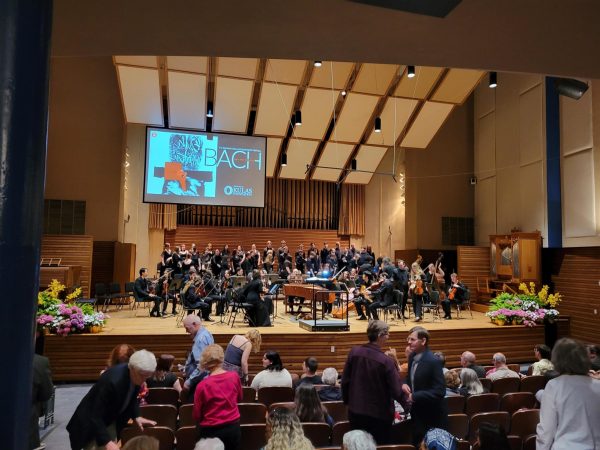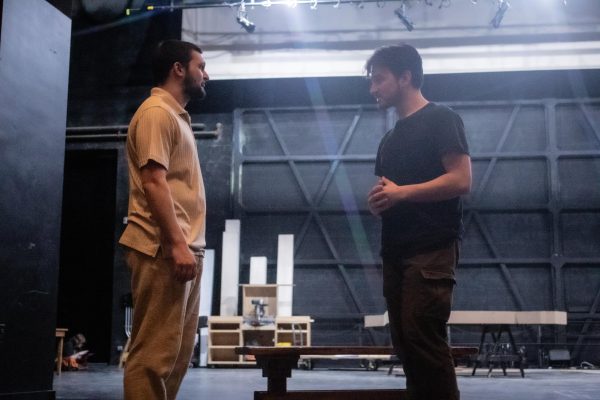Ritter Library hosts ‘research boot camps’ to better prepare students
For the fourth semester in a row, Ritter Library is hosting “Research Paper Boot Camp,” a series of classes intended to better prepare BW students for courses that spend full semesters focused on a single research project.
The first class, “Creating a Plan,” took place on Feb. 6, and the remaining two, “Reading Research: Understanding Scholarly Articles” and “Reading Research: Synthesizing Multiple Sources,” are set to take place on Feb. 20 and 27, respectively.
Both of the “Reading Research” classes will be held in Ritter Library classroom 214A and begin at 11:45 a.m.
Laurie Willis, head of public services for Ritter Library, said that this series is a direct response to faculty members who had noticed their students struggling in research-focused classes as well as students themselves who go to the library for assistance.
This series is aimed to help students in classes such as PSY-280, SOC-280, and BUS-358, where students are required to produce 10 to 20 papers by the end of the semester.
Willis said that she believes students do not have to write anything more than shorter argumentative or persuasive essays before reaching these high-level courses.
“[They] actually have to sit down and do library research and read the articles and then write a paper,” said Willis. “I don’t know where that’s taught or who actually goes over that.”
The faculty at the library also aims to helps students get past mistakes without ever having to make them.
“We took our own personal experience from undergraduate school and realized that we learned things the hard way: by doing things wrong for years and wasting a lot of time,” said Megan Garriga, developmental reading director and reading specialist for Ritter Library. “In graduate school, we actually learned, ‘I could’ve done it this way and saved hours and hours.’”
The first session, “Creating a Plan,” teaches students how to better prepare themselves for the task at hand. By showing them how to create a realistic schedule for their project, Willis said that this class will make progressing a much easier process for students.
“You’re a college student, but it shouldn’t be an onerous project,” said Willis. “It should be something that you can manage.”
Garriga is the sole presenter of the second session, “Reading Research: Understanding Scholarly Articles.” In this class, she shows students how to approach long academic journals and read them in the most efficient way.
“We talk a lot about how to manage reading multiple articles at once to save time,” said Garriga. “I teach them a method of doing a first reading of the article before they dive in and do a second or third deep reading.”
The final session focuses on utilizing the gathered sources to make the points students want to prove within their papers.
“Megan [Garriga] helps students understand how you take notes and pull these notes together to support your points,” said Willis. “We’ve had students stand up at the synthesizing class after Megan [Garriga] has spoken for 30 or 40 minutes, and say, ‘Oh my god, I wish I had known this before I had started my paper. It would have made it so much easier.’”
Garriga said that synthesizing can be considered one of the most difficult skill when it comes to reading scholarly articles. She helps students organize their information in a way that makes writing much less of a hassle.
There will be no published documents from these classes. However, individual appointments are available with the Reading Center, Learning Center, and reference librarians.
Appointments can be scheduled through the BW Smart Tab on Blackboard or through the Ritter Library Website at any point in the semester.
The Exponent is looking for financial contributions to support our staff and our newsroom in producing high-quality, well-reported and accurate journalism. Thank you for taking the time to consider supporting our student journalists.












































